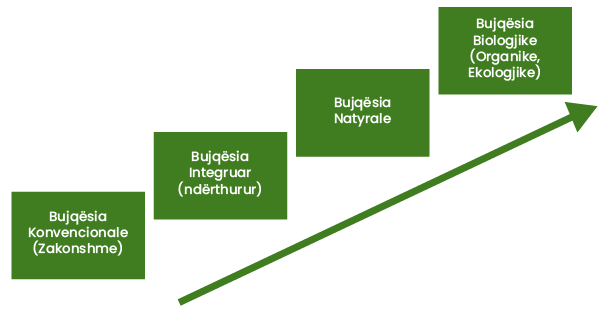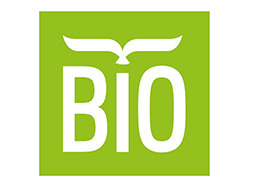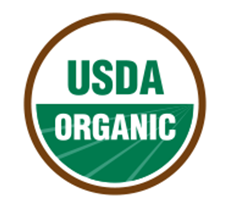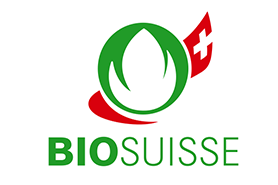
Organic Certification
The agricultural sector is one of the basic activities of human existence due to the fact that we need to be fed every day through it. For this reason, historical, cultural aspects and community values are embedded in agriculture. Over the centuries, various farming systems have been developed, the most important of which are:


What are organic products?
- Organic products are considered all types of quality food products and safe for the health of the consumer, which are cultivated and produced in an environmentally sustainable way. The objective of organic farming is focused on improving the health of consumers and creating a harmonious coexistence with the land, plants, animals and people.
- This means the sustainable use of natural resources and the development of organic agriculture by preserving the ecosystem, preserving and increasing soil fertility and reducing all forms of pollution. Organic production methods include the application of natural processes and substances, and limiting the use of synthetic agents, including insecticides, herbicides, fungicides, etc., in order to biologically fight all types of pests.

Organic certification process
- Organic certification is a process that enables the designation of foods and other agricultural products to be represented as organic. In general, any business directly involved in food production can be certified organic, including seed suppliers, farmers, food processors, traders, etc.
- The Organic Standard is a platform focused on identifying and meeting the requirements of the organic standard during the food production process as well as meeting the requirements based on food safety parameters, including aspects of hygiene, Good Manufacturing Practices, production infrastructure, operation of the internal audit system, etc. By fulfilling these parameters, the manufacturing company demonstrates the capabilities to identify and control the compliance of the Organic Management System in accordance with the Organic standard.
- After the finalization of the agreement with the client, the certification body inspects the premises of the company and performs a complete analysis of the food production system referring to the requirements of the organic standard, where at the end of the inspection process, non-conformities resulting during the production process of the food product are presented. The non-conformities identified may be in the system of documentation, implementation, awareness of employees, processing, traceability and verification of ingredients, legal compliance and standard work regulations.
Advantages of implementing the organic standard
- Protecting the health of consumers and increasing the quality of food products;
- Protecting biodiversity and promoting coexistence in harmony with the earth, plants and animals;
- Support and promotion of living in rural areas;
- Adding value to the product by implementing a globally recognized standard;
- Creating a positive image and opportunities for cooperation with potential clients.

Why Tirana Food Consulting?
The integrity and professionalism of the Tirana Food Consulting team make it possible to protect producers and guarantee consumers. Our team offers full support and cooperation in all steps of setting up the Organic Management System, in order to successfully achieve Organic certification from the first stage of the application and during the inspection/certification process. Our services in establishing Organic Quality Management Systems include standards:

Albanian Law 106/2016

bi-OS (Equivalent to EU)

NOP USDA

Bio Suisse
The fields of consultancy provided by Tirana Food Consulting for the implementation of the Organic Management System include the phases of: Planning, Organization, Management, Human Resources Motivation, Monitoring, Risk Analysis, Internal Audits and Evaluation.
- 00355 67 75 75 020
- 00355 68 31 94 900
- [email protected]
- www.tiranafoodconsulting.com
- Don Bosco Street, Tirana, Albania